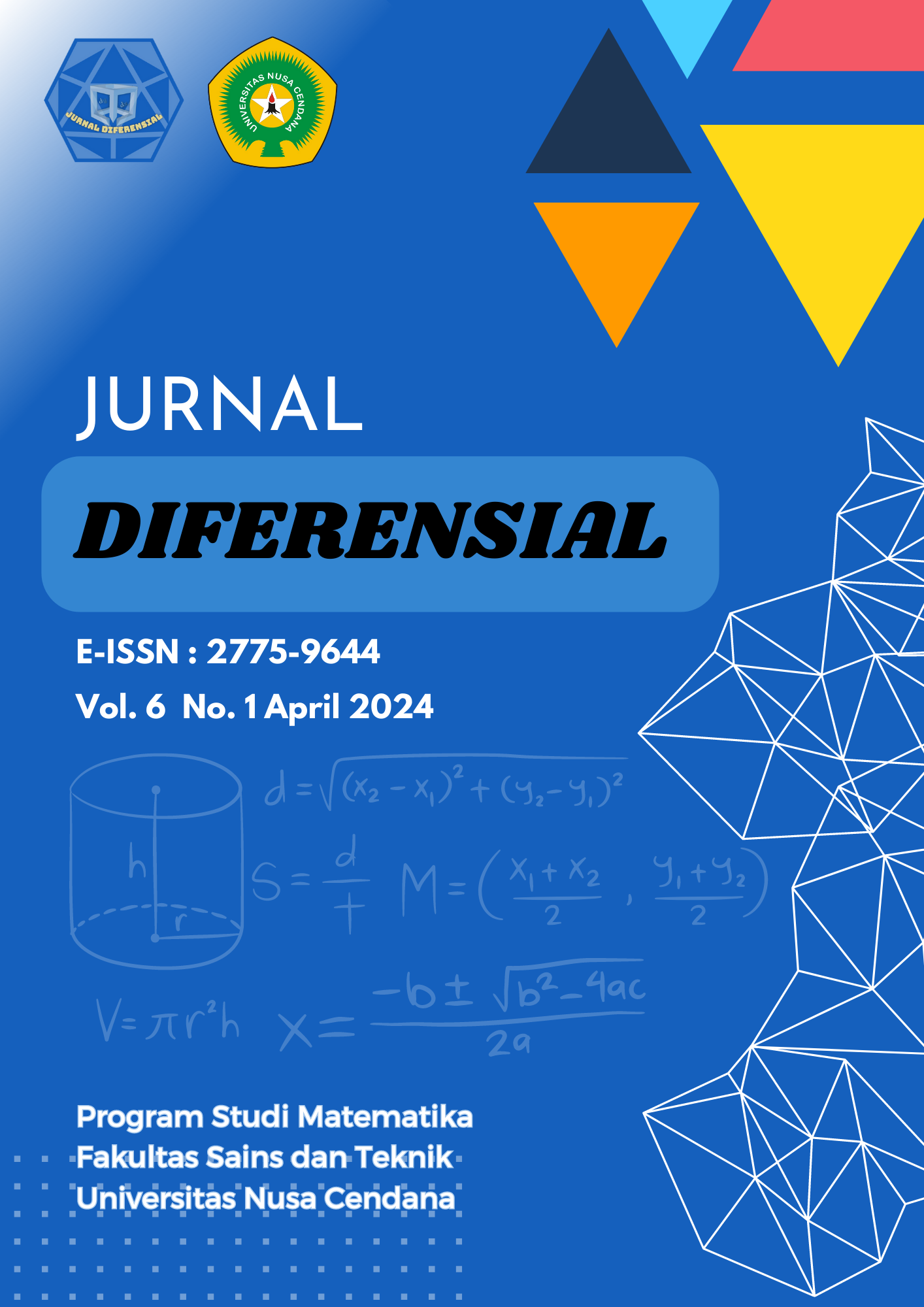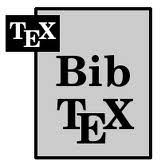ANALYSIS EFFECTIVENESS OF GEOGRAPHICALLY WEIGHTED QUANTILE REGRESSION (GWQR) MODEL IN HANDLING OUTLIERS: SIMULATION DATA IDENTIFIED SPATIAL HETEROGENEITY
Abstract
Classical quantile regression is global generalized parameter estimation results, spatial heterogeneity conditions cannot be captured by this model. The use of local models with spatial attribute can accommodate the characteristics between observation locations. The local quantile regression model is called the Geographically Weighted Quantile Regression (GWQR) model. Further testing of the effectiveness of this model is required by utilizing simulation data. This study uses simulated data generated with sample sizes uniformly distributed with intervals (0,1) contaminated with 5%, 10%, 15% outliers, with predictor variables (x=4) (β1,β2,β3,β4), and quantile sizes of 0.05, 0.25, 0.50, 0.75 and 0.95. Model effectiveness is measured based on Root Mean Square Error (RMSE). From the test, GWQR model can overcome the problem of outliers in simulated data up to the amount of outlier contamination of 15%, and spatial heterogeneity. The RMSE value is getting closer to 0 as the sample size and outliers increase. The test results explain that the 0.95 quantile produces the best parameter estimates compared to other quantiles.
Downloads
Copyright (c) 2024 Febrya Christin Handayani Buan, Zofar Agluis Banunaek, Widya Reza

This work is licensed under a Creative Commons Attribution-ShareAlike 4.0 International License.
 This work is licensed under a Creative Commons Attribution-ShareAlike 4.0 International License.
This work is licensed under a Creative Commons Attribution-ShareAlike 4.0 International License.
Copyright is retained by the authors, and articles can be freely used and distributed by others.

 Febrya Christin Handayani Buan(1*)
Febrya Christin Handayani Buan(1*)

.png)











